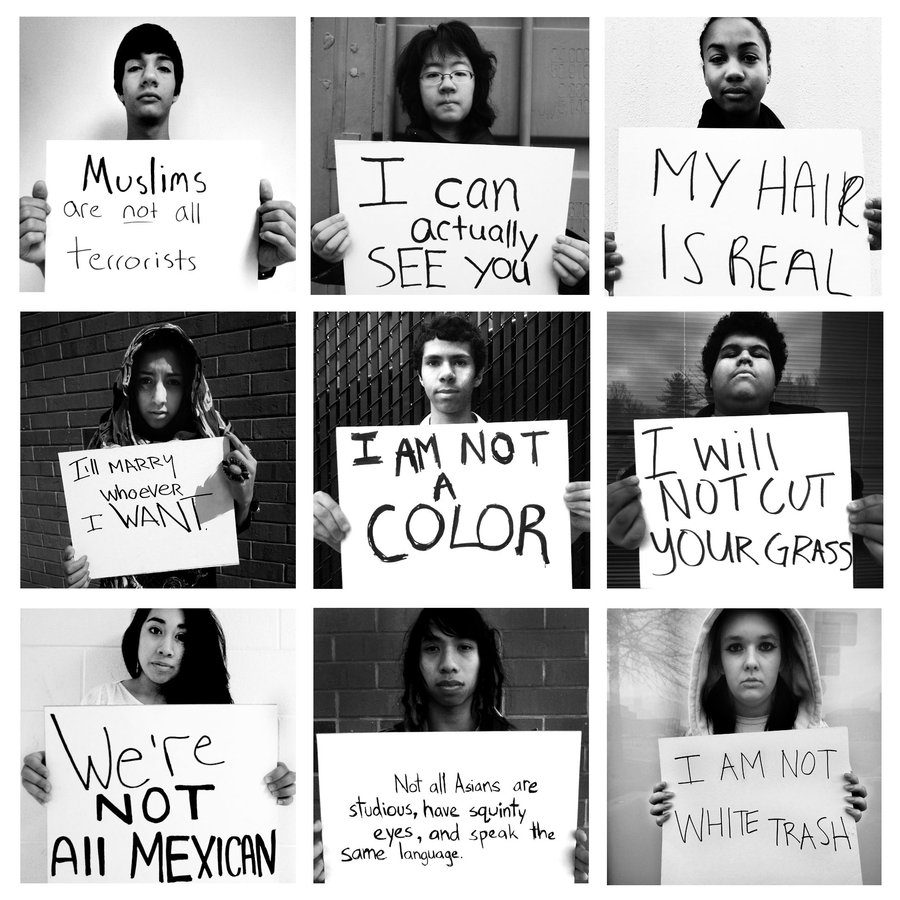
Generalizing vs. Stereotyping: One Can Be Useful, The Other is Not
 “Yeah, so you know two or three people in a particular group who don’t fit a generalization? Who cares? The point of a generalization is to say what is true most of the time — the usefulness of a generalization lies precisely in the fact that it allows us to ignore the exceptions for the purpose of discussion. When people forget that there are exceptions, yeah, that’s bad, but it’s worse when people make discussion impossible by accusing everyone who makes a generalization of thinking that the generalization is unconditionally true in every case. LEARN TO FREAKING THINK!”
“Yeah, so you know two or three people in a particular group who don’t fit a generalization? Who cares? The point of a generalization is to say what is true most of the time — the usefulness of a generalization lies precisely in the fact that it allows us to ignore the exceptions for the purpose of discussion. When people forget that there are exceptions, yeah, that’s bad, but it’s worse when people make discussion impossible by accusing everyone who makes a generalization of thinking that the generalization is unconditionally true in every case. LEARN TO FREAKING THINK!”
The above passage comes from something Adam Kotsko wrote a while ago. I like it because people really don’t understand what generalizations are or appreciate the importance of them. Basically, all statements of fact or truth require generalizations. Now there is obviously a lot of confusion out there regarding the difference between generalizations and stereotypes, the latter being the more negative, frowned upon, concept.
There are a number of resources out there explaining the differences between generalizations and stereotypes, so I’ll just quote from some I found:
Generalizations:
“A generalization is a statement based on a finite set of observations and experiences and yet which claims to hold true for the larger set, even for those cases that have not been seen or experienced. All generalizations, then, can be said to be theoretical. They offer a theory about how things are in general. Thus the statement “All trees have leaves” is a useful generalization, though no one person has ever been able to validate it by inspecting every tree on earth or every tree that has ever existed, and no one knows what trees will be like in the future. And of course most trees do not have leaves at various times of the year, and some trees are evergreens with needles instead of leaves. The generalization originates in a rational effort to categorize, not in an irrational effort to oppress.”
“Generalization is a threefold concept. First, by having generalizations people who are unfamiliar with another culture can explain topics in a culturally sensitive way. Second, it is always based on observation. Third, it informs others about general social, cultural, historical, geographical and other characteristics to those who know less. It is based on long experience with that group. It also allows for differences within that group. “
Stereotypes:
“A stereotype is a particular kind of generalization, a subset of generalization. Stereotypes:
1. originate within and are caused by a history of socio-political struggle between unequal groups within a region, nation, or society
2. present generalizations which function to create or sustain inequalities of value, power, and/or wealth among socially constructed groups (by race, age, sex, class, religion etc.)
3. are intended to harm or have a negative effect as regards the object of the stereotype, or can reasonably be predicted to do so
4. circulate repeatedly and systematically in a culture so that they are accepted as “common sense” truths by many people in the culture, even those who are the object of the stereotype
5. disguise or distort the truth through caricature and misrepresentation based on only partial aspects of a person or situation
6. appeal to the prejudices of the audience, exploiting these by attaching them to emotions of pleasure or hatred that are reinforced often by casting stereotypes within frameworks of entertainment”
0 Comments